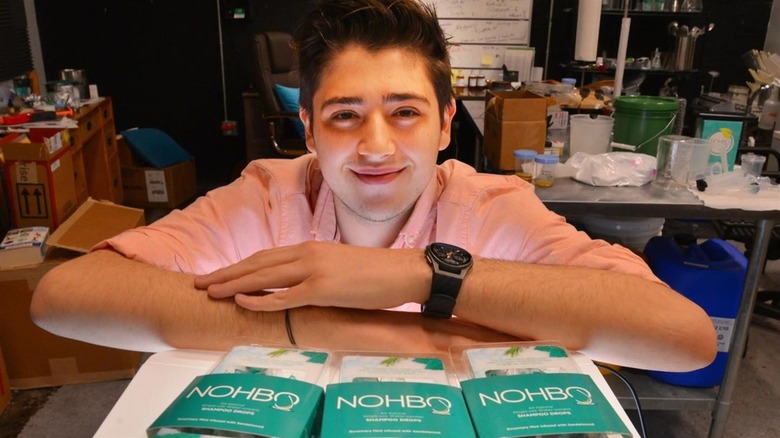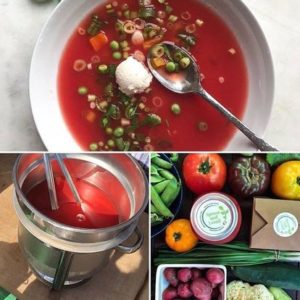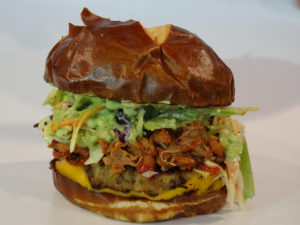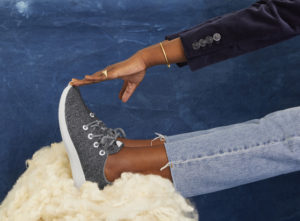Shawn Seipler was once at a hotel in Minneapolis when the question struck him, “What do they do with the soap when I’m done with it?” When he asked the front desk, he was told they just throw the soap away. He saw how wasteful of a practice it was, and began to mentally brew potential solutions. Soon (once he was back at home in Florida), he created a makeshift work station in his garage, and had his family helping him to melt, sanitize, and reform bars of soap. Shawn was able to collect bars from several hotels around Orlando, and his first completed batch was 2,000 recycled bars strong. Shawn was able to bring himself and them to an impoverished area of Haiti. When he arrived at the church where he would hand them out, a crowd five times the size of his soap supply was waiting for him. Before this point, Shawn was aware of the great need that Haitian people had for hygiene supplies, but upon learning of how many of them died every day of disease, and seeing how grateful they were to receive soap, he knew his social enterprise had to continue. Shawn founded Clean the World in 2009, and since then the organization has expanded the scale of its operation, now donating to 115 countries (including homeless shelters in the US), it has diverted more than 28 million pounds of waste from landfills and donated over 87 million bars of soap. It has also expanded its range to include recycling the plastic of small liquid soap bottles.
The process of recycling the soap used by Clean the World is the same in its fundamentals as what Shawn Seipler used initially in his garage. Though at first his team was using potato peelers, meat grinders, and cookers, the work done by the industrial-quality equipment they now possess is doing the same things at a larger scale. The modern process is as follows: First, the bars are extruded into pellets and ground so that all foreign particles are removed. Then, the soap is sterilized by heating. Next, there is another round of pelleting and grinding to eliminate any potential remaining particles. Lastly, the soap is turned back into fresh bars. Clean the World now has recycling centers all over the earth, helping to prevent waste and provide for those in need.
My Sources:
The afterlife of hotel soap | CNN
How Used Hotel Soap Could ‘Clean the World’ | Inc.com
Shawn Seipler doing his part to ‘Clean the World’ – Kenosha.com


 If you have kids, you know how quickly they grow out of clothes in their first two years. Eve Kekeh recognized this problem and started her own company to help parents seeking a more sustainable and convenient way to access baby clothes. Her company,
If you have kids, you know how quickly they grow out of clothes in their first two years. Eve Kekeh recognized this problem and started her own company to help parents seeking a more sustainable and convenient way to access baby clothes. Her company, 



